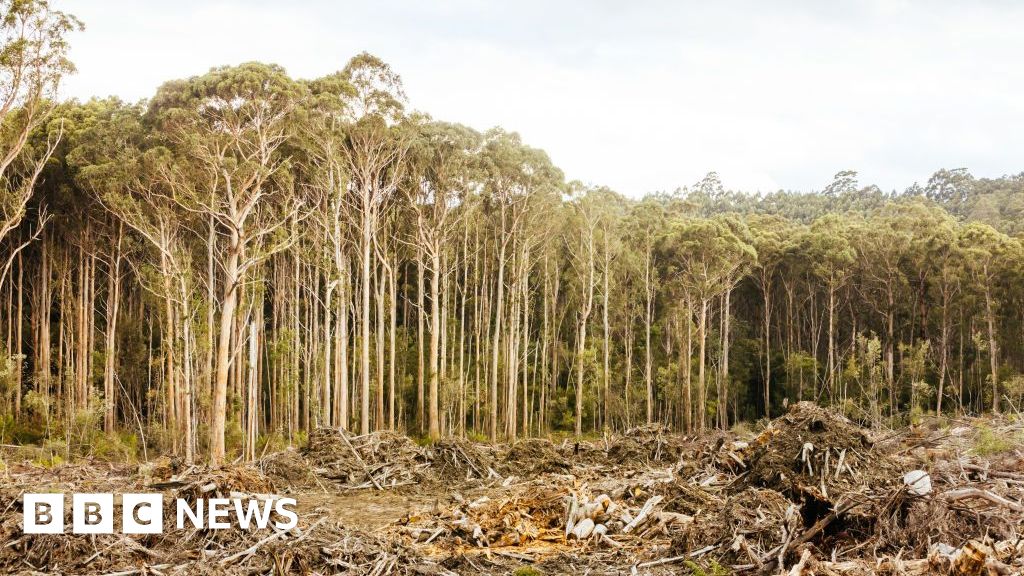
Australia is poised to undertake a significant overhaul of its environmental legislation, marking the most substantial reform in decades. The changes, which include the establishment of the country’s first independent environment regulator, were secured after the Labor government reached a last-minute agreement with the minority Greens party. This deal was necessary to pass the legislation after negotiations with the opposition had stalled.
The reforms promise enhanced protections for native forests, stricter regulations on land clearing, and limitations on the expedited approval of coal and gas projects. However, critics argue that the measures fall short of what is needed. Prime Minister Anthony Albanese hailed the legislation as a victory for both nature and business, emphasizing that it would expedite major projects related to housing, renewable energy, and critical minerals.
Political Dynamics and Legislative Journey
With the backing of the Greens, the proposed changes are expected to pass through the Senate on Thursday, marking the final sitting day for parliament this year. For several months, the opposition, comprising the Liberals and Nationals, engaged in negotiations with the government, seeking additional concessions for businesses. However, these talks did not yield a consensus.
Liberals leader Sussan Ley criticized the Labor-Greens deal, labeling it as “dirty” and warning of potential job losses in the forestry sector. This development follows a five-year period since an independent review concluded that Australia’s existing nature laws were outdated and inadequate.
Key Provisions and Environmental Impact
The government asserts that the reforms will safeguard the environment for future generations while accelerating projects in crucial national priority areas. “Everyone agrees that the laws as they stand are broken and need to be reformed,” Albanese stated. “Getting these laws passed is vital to protect our environment and to boost productivity in our economy.”
Once enacted, the new legislation will establish Australia’s first national environment protection agency and introduce national standards, including rules for protecting endangered wildlife. Additionally, it will eliminate exemptions for “high-risk land clearing” and bring regional forest agreements under federal jurisdiction, rather than state control.
Greens’ Influence and Ongoing Concerns
Greens leader Senator Larissa Waters noted that her party had secured significant victories in the negotiations but criticized the absence of a “climate trigger” that could halt fossil fuel projects based on carbon emissions. Instead, projects will be required to report their carbon emissions and outline plans to achieve net-zero emissions by 2050. A “water trigger” will also be included, necessitating federal approval for the water use of coal and gas projects.
Amanda McKenzie, head of the independent climate organization Climate Council, acknowledged that the deal would benefit native forests but expressed concern that new coal and gas projects would still receive leniency regarding climate pollution. “That is a gaping hole in a law that should protect nature from the ravages of climate change,” she remarked.
Broader Implications and Future Outlook
On Thursday, Climate Change Minister Chris Bowen warned that Australia, one of the world’s largest polluters per capita, would fail to meet its 2035 emissions reduction targets without significant policy changes. Earlier this year, the government committed to reducing emissions by at least 62% compared to 2005 levels over the next decade. Current projections, however, indicate that emissions are expected to decrease by only 48 to 52 per cent.
The announcement comes as Australia grapples with the dual challenges of environmental preservation and economic growth. The reforms represent a critical step in addressing these issues, though the debate over their sufficiency continues. As the legislation moves forward, the government will need to balance ecological concerns with economic imperatives, ensuring that the new laws effectively address the pressing environmental challenges of the 21st century.





